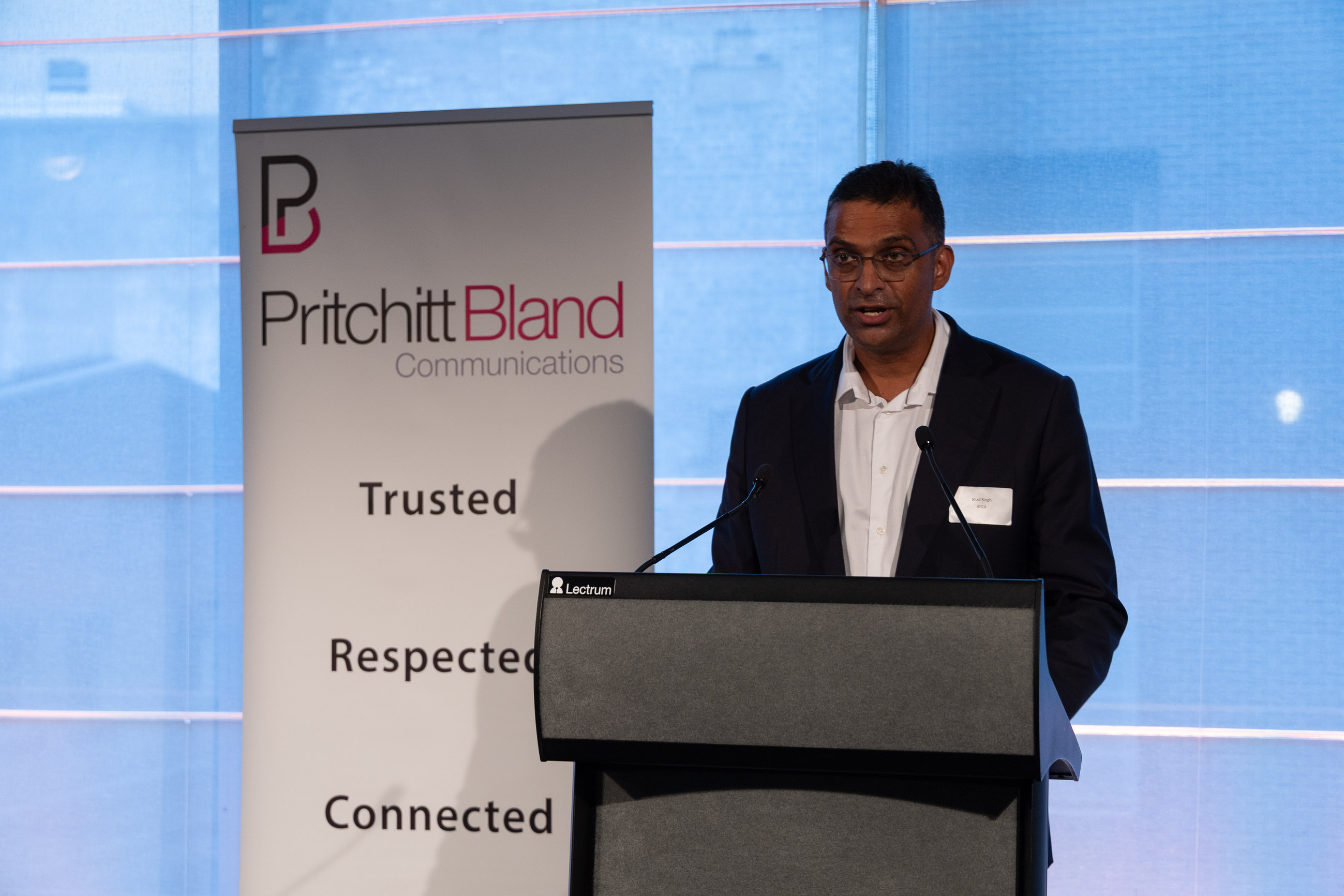As the Banking Royal Commission continues to highlight malpractice and broken operating cultures in financial services, it will be interesting to see what changes and controls it will be recommending in its final report.
No doubt the Commissioner will be seeking ways to enforce organisational change from top to bottom so it will be fascinating to hear what Peter Kell, deputy chair from ASIC, has to say about future practice at the Financial New Year lunch being organised by Pritchitt Partners in July.
One major difference between what has been disclosed at the Royal Commission and past scandals is that this time people at the top table couldn’t pretend they knew nothing about it. They were directly in the firing line.
It seems that it’s not the case of one or two rotten apples, but a prevalent culture within organisations which apparently condoned and covered up self-serving behaviour at customer expense from the top.
It will be particularly interesting to see if the Royal Commission’s final report makes recommendations on how the interests of investors, customers and executives (as well as board members) can be sensibly aligned, greater responsibility and disclosure enforced, and self-interest neutralised.
Discussions about investor relations and its importance nearly always refers to shareholders.
A particular group of investors often overlooked in such discussions, particularly when talking about financial institutions and their investors, are the members of superannuation and mutual funds as well as other such products.
So while the Royal Commission has heard a great deal about shareholders’ interests versus customer service (or lack of it) we haven’t yet heard much about investors in the funds run by banks, other financial institutions and industry funds.
One excuse offered at the Royal Commission by senior management of financial institutions for poor company practice is that they were too focused on shareholders at customers’ expense.
The cynic in me wonders if this is a case of self-interest, where maximising profits, and subsequently share prices and dividends, was important for their own financial position.
Surely it was shallow reasoning and a poor explanation by the executives that shows a weakness in a policy that has been embraced over the years under the slogan of “aligning executives interests with shareholders” through executive remuneration packages.
It sounds sensible but disclosures at the Royal Commission suggest that, in practice, it seems to have served the self-interest of executives, encouraging them to look at the value of their share entitlement as an important part of their wealth, contributing to bad business practices.
The same can be said of short term incentives in bonus systems – sales become critical to executives’ self-interest, and over time the best interests of customers of financial institutions have suffered.
With the shock-horror disclosures at the Royal Commission, it is easy to overlook how much change has already taken place in the way financial services operates, and financial advice is as good example.
Soft commissions, upfront fees, trailing fees, have either disappeared or must be fully disclosed to clients.
Planners must also now have some sort of professional training and qualifications.So there has been change, but what has clearly been missing is safeguards and a change of attitude going right through the culture of organisations.
With round 4 of the Royal Commission set to kick off later this month, can we expect more shock horror stories in the weeks to come?


















